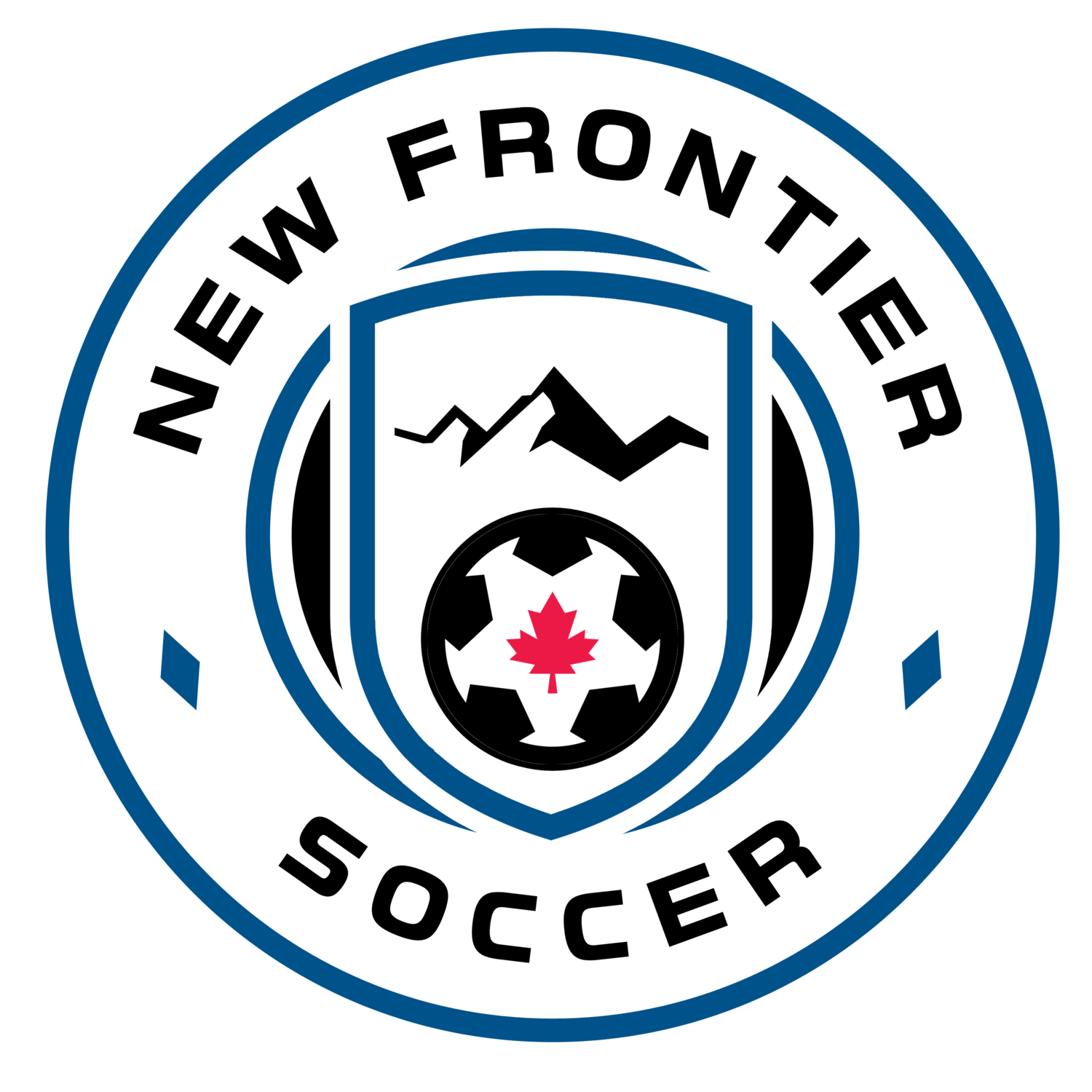DO’s and Don'ts For Parents of Athletes - YYC Psychology
My name is Kaylie Rodriguez. I am a Registered Psychologist and a Coach at New Frontier. I've had many parents ask me how to support their child athlete both in a formal and informal setting. I have also been afforded the opportunity to hear the player’s perspective. I have compiled 4 common "don'ts" and “do’s” for parents to reflect and be mindful of.
The most challenging "don't" is "don't project" as this will impact all of the other suggestions listed below. This is challenging as it requires the parent to check in with themselves, their own feelings, and their own motivations. It requires the parent to process this for themselves rather than putting that weight on the child (which increases pressure and actually pushes the child away from the sport). If you truly want to support your child athlete, check yourself.
“Don't coach” is key. You are the parent. Your child has a coach. The coach is in the role to provide feedback. Your child knows this, so is expecting their feedback and are open to it. Unless they ask you for feedback, don't give it! Any unsolicited feedback will be taken as a criticism to your child. This is not your intention. However, when offering feedback, the undertone is that “you are doing something wrong.” Your feedback may also conflict with the developmental plan from the coach and can create confusion.
Don't compare your child to others. Any form of comparison is shaming. Whether this is from a place of "better than or less than," this draws their attention to those external to them. Their sense of self will sway depending on who is around them. They will feel "confident" (ego) when they are more developed than those around, and they will lack "confidence" (shame) when they are not as developed as those around them. It is essential to build an internal sense of self. This is far more stable and resilient.
Don't focus on the opponent. This is a very common mishap for parents. They will talk about the opponent as a means to prepare for the big game. What this does, is put your child in a reactive state. They tend to focus on the attributes of their opponent, notice their strengths. This takes them away from their strengths, "their game" so to speak. Your child athlete will play the game from a place of reacting, rather than connecting with their confidence of setting the tone of the game.
So parents, what do you do?
Do check yourself - check in with yourself, your feelings, your experiences prior to supporting your child at their practice or game. This awareness allows you to respond rather than react. It allows you to support and encourage, rather than control and live vicariously through your child. Your response at your child's event leads me to my second point.
Do cheer! Your role is to enjoy your child. Cheering provides support and encouragement for your child (and their teammates). Cheering (not coaching) creates a psychologically and emotionally safe environment that allows your child to be brave and try new skills. It removes pressure and fear of letting you down. This is the number one thing I hear from the players. “I want my parent to cheer! I find it motivating!”
Do trust - trust the process. The process of development is not linear. Skill development requires repetition. Repetition may cause "mistakes" that may result in conceding a goal or even a game. The big picture sometimes cannot be seen up close in these moments. Trust the process, trust your coach. If you are unclear, ask the coach!
Do ask your athlete questions! If they come to you and ask how they did, turn it back onto them. Ask them how they felt! Ask them about their skills, attributes, and goals. If your child can identify and connect to themselves, this is far more powerful than you telling them!
Just like your child going to practice, these do’s and don’t will require intention and practice from you. Utilize your child’s practice time to reflect on your own patterns. Set intentions and goals for yourself.
If there is a topic you would like to see in future, feel free to send me an email at kaylie.psych@gmail.com
IG @yycpsychology
Website www.yycpsychology.com

